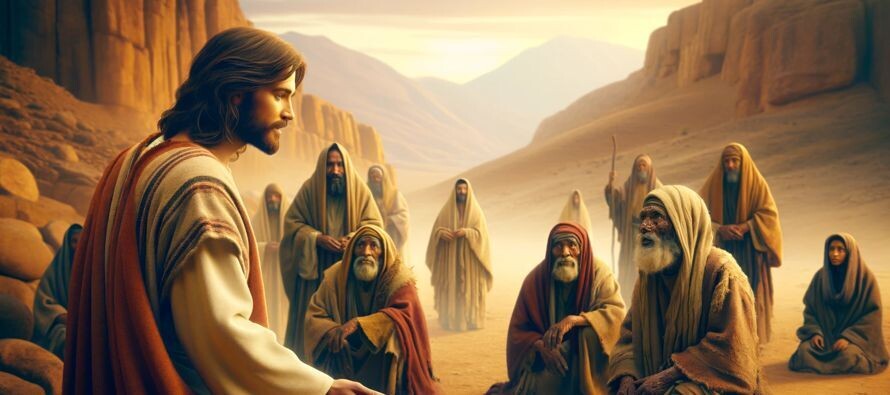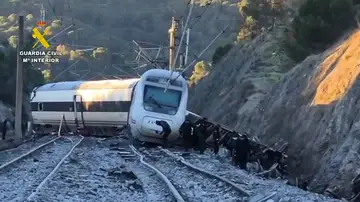
One day, on the way to Jerusalem, Jesus was passing through the borders between Samaria and Galilee. Upon entering a village, ten leprous men met him, standing at a distance and raising their voices, said: 'Jesus, Master, have compassion on us!'. In the Bible, leprosy is often a symbol of sin, the evil that distorts. Jesus breaks with this gesture the segregationist mentality that divides the world into pure and impure, sacred and profane.
"As they went on their way, they were cleansed," says the Gospel of Luke. Through these evangelical acts, the openness of the Gospel to nations and countries far from the people of God can be glimpsed. Some pagans, due to their authentic human qualities, may be closer to God than some faithful. "There is nothing that can be said with greater brevity, nor heard with greater joy, nor felt with greater elevation, nor done with greater utility," as St. Augustine says.
One of the lepers who were cleansed returns, thanking God loudly, prostrating at the feet of Jesus. Has no one returned to give glory to God except this foreigner? This gesture is an example of the infinite mercy of Jesus, which extends both to the needy and sick, as well as to the small gestures of kindness in daily life.
The story culminates with Jesus saying: "Get up and go; your faith has saved you." Gratitude and faith intertwine in this account, showing the importance of recognizing the blessings received and trusting in the salvation that comes from faith in Jesus. The narrative highlights Jesus' compassion towards the marginalized and the lesson of humility and gratitude that we must learn from this episode.
This evangelical account invites us to reflect on the importance of gratitude, faith, and mercy in the Christian life. Through the story of the ten lepers, we are reminded of the need to recognize divine blessings, to trust in the salvation that comes from faith, and to show mercy to others. Jesus, in his act of healing, breaks down barriers and teaches lessons of humility and gratitude that remain relevant today.














